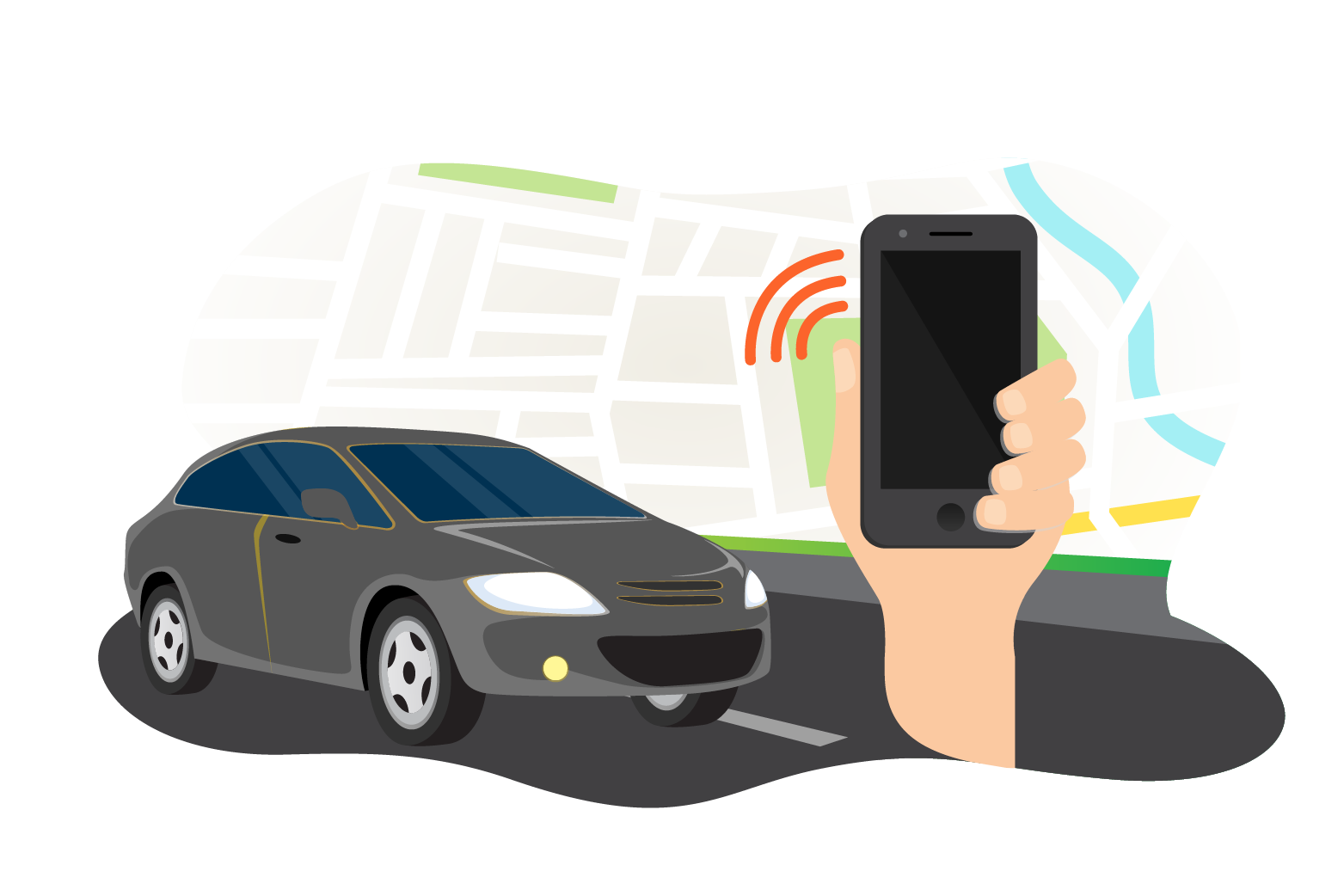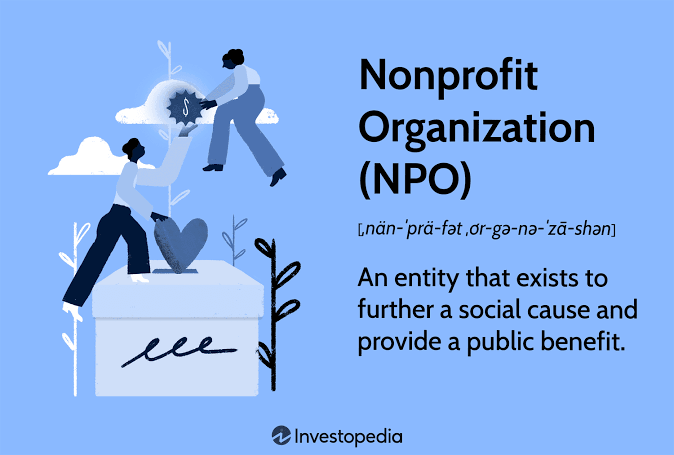
Launching an e-hailing tech startup in Nigeria is complex and requires thoughtful execution of all legal, regulatory, and operational matters. A Private Limited Liability Company (Ltd) is usually the optimal choice, largely because its legal framework offers a limited liability and allows for relatively easy capital raising. For the startup to operate successfully, it has some legal requirements of registering with Corporate Affairs Commission (CAC), Land data protection laws by National Information Technology Development Agency(NITDA) and also tax regulations through Federal Inland Revenue Service(FIRS).
Advising a group of entrepreneurs on starting a ride-hailing tech startup in Nigeria involves careful consideration of the legal framework and strategic planning. Here's a comprehensive response to their questions:
1. What type of business structure is most suitable for an e-hailing tech startup in Nigeria
A Private Limited Liability Company (Ltd) is the most appropriate business structure for an e-hailing tech startup in Nigeria. We chose that because the soundly pragmatic sane stand-off is a way to keep flexibility, protection and scalability all together something vital if you are in tech field which lives for competition.
The most common benefit of a Private Limited Liability Company is the limited extent to which its shareholders can be held liable for company debts. This form of organization provides the benefit to shareholders where limited liability is involved. In other words, they have no risk over the amount which entity has invested by individual shareholder. This protects the personal assets of shareholders from business debts and liabilities, reducing risk to their financial situation if they encounter problems such as lawsuits or accidents in the course of running a normal operation. In the case of e-hailing, this information often deals with liabilities tied to passenger safety or driver conduct (e.g.vehicle maintenance).
2. What specific legal requirements and regulations should the startup comply with
Running an E-hailing Tech Startup in Nigeria involves operating within the confines of different legal regulations and requirements that governs business in a particular environment. Following these legal frameworks retains the company on right side of law and makes some reputation for it which would prohibit themselves from any kind of regular issues. These are the main Legal requirements and regulations:
1) Corporate Affairs Commission (CAC) Registration: The first thing you need to do before starting the startup is make your business official by registering with the Corporate Affairs Commission(CAC). This includes choosing a desirable business, preparing all the documents associated with incorporation and submitting them to the CAC. Once the registration process is complete, you will be awarded with a recognized document called Certificate of Incorporation for your company that completes it as Nigerian legal entity to work in Nigeria officially. This formalization is crucial for opening corporate bank accounts, entering into contracts, and accessing other legal benefits.
2) National Information Technology Development Agency (NITDA): Given the digital nature of e-hailing services, compliance with data protection laws is critical. The startup must adhere to the guidelines set forth by the National Information Technology Development Agency (NITDA), particularly the Nigeria Data Protection Regulation (NDPR). This regulation mandates that customer data be collected, processed, and stored securely, with explicit consent from the users. Implementing robust data protection measures is essential for safeguarding customer information, maintaining trust, and avoiding penalties for data breaches.
3) Federal Inland Revenue Service (FIRS): The startup must register with the Federal Inland Revenue Service (FIRS) to obtain a Tax Identification Number (TIN) and comply with tax obligations, including the, Corporate Income Tax. Compliance with FIRS regulations ensures that the business contributes to national revenue and operates transparently.
4) Labor Laws Compliance: The startup must also comply with Nigerian labor laws, which govern employment contracts, working conditions, and employee rights. This includes adherence to regulations related to the National Minimum Wage Act, employee benefits, and so on. Properly drafted employment contracts and fair treatment of employees, are critical for minimizing labor disputes and maintaining a motivated workforce.
3. How can the startup protect its intellectual property, such as the mobile app and business model?
Protecting intellectual property (IP) is crucial for an e-hailing tech startup to safeguard its brand, technology, and competitive advantage. In the rapidly evolving tech industry, a strong IP strategy not only protects the company’s innovations but also enhances its value and appeal to investors. Here are the key steps the startup should take to protect its intellectual property:
Trademark Registration: To safeguard the startup’s brand identity, it is crucial to register trademarks for the business name, logo, slogans, and any other unique elements tied to the brand. In Nigeria, trademarks can be registered with the Trademarks, Patents, and Designs Registry. By obtaining these trademarks, the startup can stop others from using similar names or symbols that might confuse customers or weaken the brand. Trademark protection serves as a strong strategy for creating a distinct market presence and enhancing brand recognition.
Copyright: The source code of the mobile app, along with original elements like user interface designs, should be registered for copyright protection. While copyright automatically covers original works, formal registration enhances legal rights, simplifying the process of enforcing ownership if infringement occurs. Copyright safeguards against unauthorized reproduction, distribution, and modification of the app’s content, ensuring the company maintains complete control over its creations.
Patent (if needed): If the startup’s mobile app has unique technical features or innovative functionalities that are not obvious or already in use, the company should think about applying for a patent. A patent grants the exclusive right to use, sell, or license the invention, stopping others from copying or replicating the patented technology without permission. This is especially important in the tech industry, where innovative solutions can greatly set the business apart from its competitors.
4. What are the potential challenges and risks associated with operating an e-hailing tech startup in Nigeria?
If the startup’s mobile app has unique technical features or innovative functionalities that are not obvious or already in use, the company should think about applying for a patent. A patent grants the exclusive right to use, sell, or license the invention, stopping others from copying or replicating the patented technology without permission. This is especially important in the tech industry, where innovative solutions can greatly set the business apart from its competitors.
Regulatory Uncertainty: The regulatory framework for e-hailing services in Nigeria is still developing, which creates a significant hurdle for startups. Both federal and state governments are continually introducing new regulations and policies that can influence how e-hailing company function. For instance, local authorities might enforce specific licensing requirements, fare regulations, or safety standards that can affect business operations and profitability. The unpredictability and frequent shifts in regulations can lead to compliance issues and necessitate ongoing adjustments by the startup.
Security Concerns: Safety and security are paramount in the e-hailing industry. Issues regarding the safety of both passengers and drivers, including theft, assault, or harassment, can significantly damage the platform's reputation and trust. To address these challenges, the startup should implement strong safety protocols, such as conducting thorough background checks for drivers, providing in-app emergency features, enabling real-time tracking, and ensuring secure payment methods. Creating a safe environment for all users is crucial for fostering trust and maintaining a positive brand image.
Operational Risks: Running daily operations presents its own unique challenges. This includes overseeing driver behavior, resolving fare disputes, managing cancellations, and ensuring the platform's reliability. Problems like app outages, unprofessional driver conduct, or inconsistent service quality can result in customer dissatisfaction and lost revenue. The startup must establish effective systems and policies to mitigate these risks, including driver training initiatives, clear service agreements, and responsive customer support.
Data Privacy Issues: The mismanagement of protected data or the careless attitude towards it can also be a potential issue. Also failing to safeguard the data of users can lead to liability.
5. What are the necessary licenses and permits required to operate an e-hailing service in Nigeria?
To operate legally and successfully in Nigeria, an e-hailing tech startup must secure various licenses and permits. These are essential for ensuring compliance with both national and local regulations, enhancing safety, and protecting the interests of all parties involved in the service. Below are the key licenses and permits required:
Vehicle Permits and Insurance: All vehicles on the platform must be properly registered and certified as roadworthy by the relevant authorities. It is essential for these vehicles to possess up-to-date documentation, including vehicle licenses and roadworthiness certificates. Additionally, comprehensive insurance coverage, including third-party liability insurance, is necessary to safeguard against accidents and damages. Ensuring that all vehicles meet these standards is crucial for maintaining legal compliance and protecting both drivers and passengers.
Driver Licenses and Background Checks: Every driver on the platform must possess a valid driver’s license issued by the Federal Road Safety Corps (FRSC) or other relevant authorities. Beyond licensing, drivers should undergo thorough background checks to evaluate their driving history, criminal records, and overall suitability for the role. This step is vital for ensuring passenger safety and upholding the platform’s reputation. Implementing a strict vetting process helps build a reliable network of drivers and minimizes risks associated with driver misconduct.
Local Government Permits: In addition to national requirements, local governments in Nigeria, such as Lagos State, have specific regulations and permits for e-hailing services. For example, the Lagos State Ministry of Transportation requires e-hailing operators to obtain an operating license to provide services within the state. These permits often come with conditions, including adherence to fare regulations, vehicle standards, and operational guidelines set by local authorities. Compliance with these local regulations is critical to avoid fines legal disputes, or suspension of operations in key markets.
Data Protection Compliance: Due to the digital nature of e-hailing services, the startup must adhere to data protection regulations as specified in the Nigeria Data Protection Regulation (NDPR) by the National Information Technology Development Agency (NITDA). This involves establishing strong data collection, processing, and security protocols to safeguard users' personal information. The startup needs to ensure that customer data is managed securely, with the necessary consent obtained for its usage. Following data protection laws is not just a legal obligation; it is also crucial for building customer trust and avoiding hefty penalties for data breaches.












